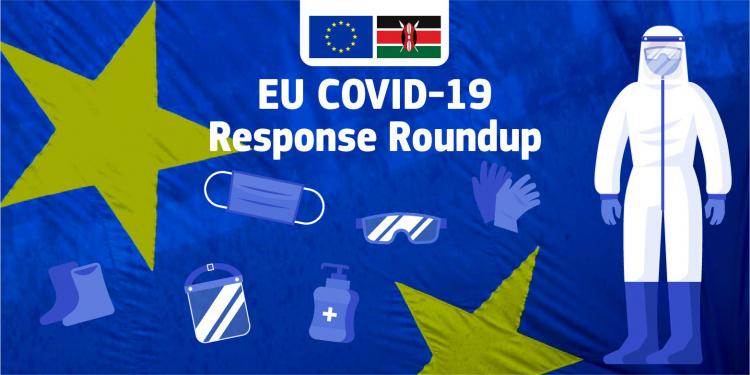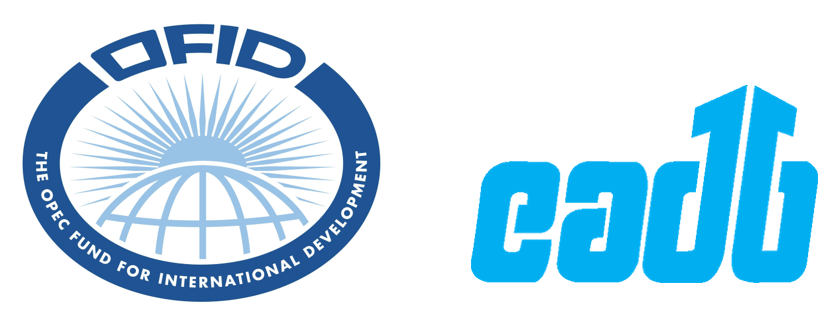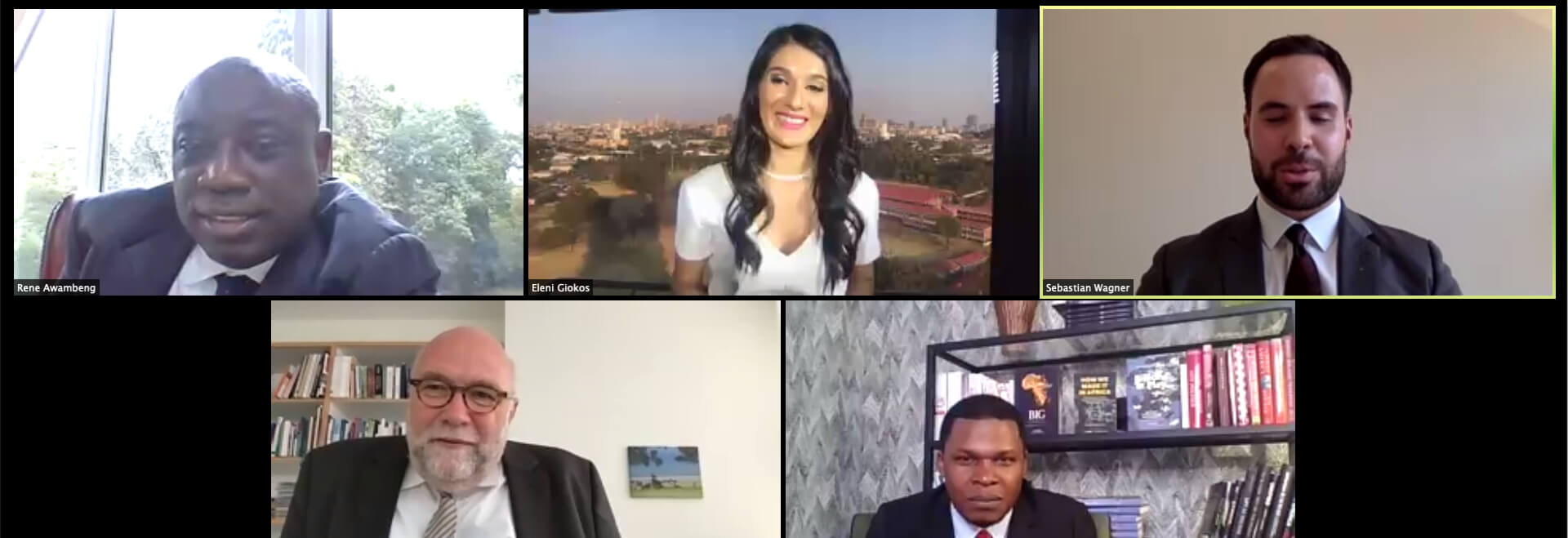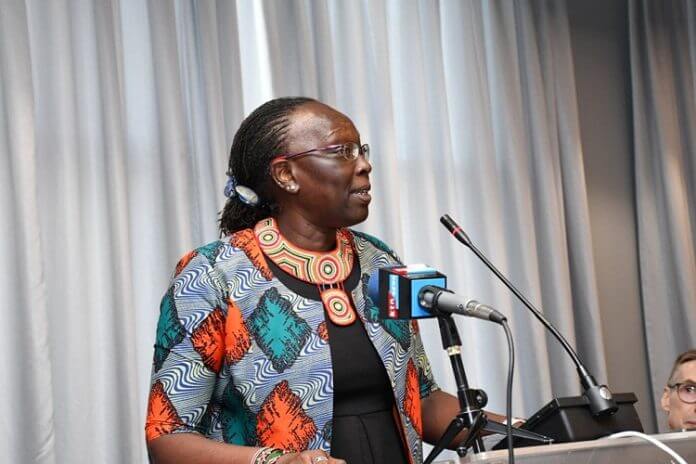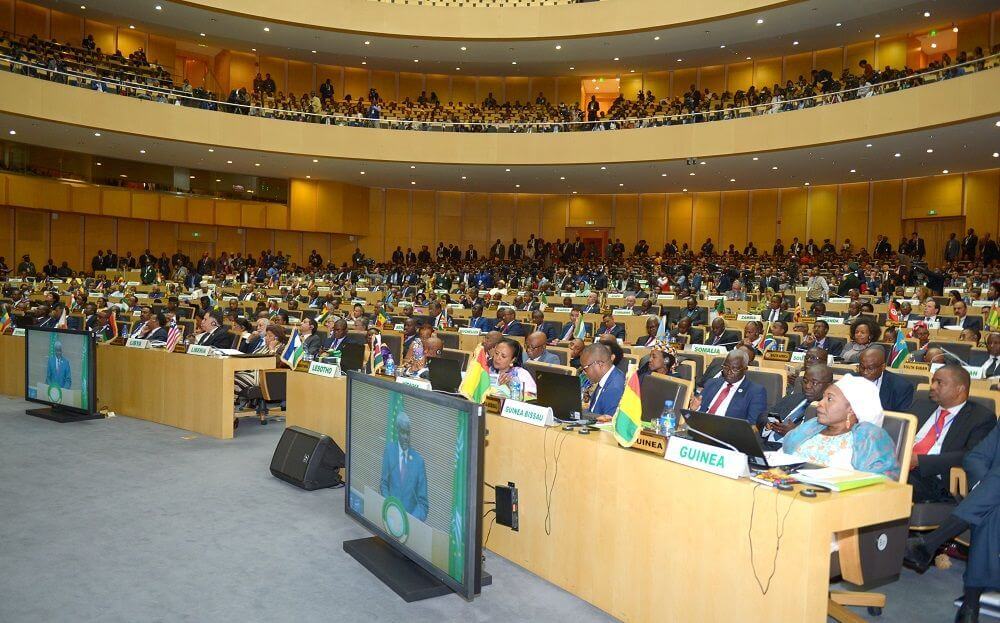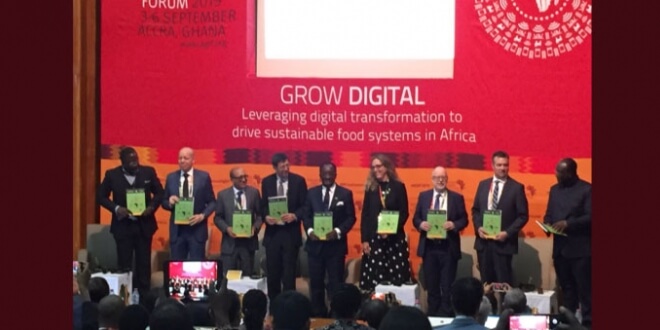By Andrew Mold and Anthony Mveyange from Brookings institute At the beginning of the COVID-19 pandemic, such was the scale of the economic disruption caused by lockdown measures that there was much talk of the collapse of global trade. In the midst of the lockdowns, in April, the World Trade Organization estimated that the decline would amount from anywhere between 13 and 32 percent. In a similar vein, UNCTAD was forecasting a 20 percent decline in global trade for 2020. However, recently released trade statistics across the world reveal that those forecasts may have been overly pessimistic and underestimated the relative resilience of the global trading system. In fact, in June, after several months of sharp declines, trade volumes recorded their biggest monthly rise on record, with a 7.6 percent increase. East Africa may be shadowing these global trends. Kenya, the largest regional trader, is a good barometer of broader East African trends. The country was initially hit quite hard in terms of the decline in trade volumes, with a 19 percent drop in total trade volumes in April. As warned in our earlier Brookings policy brief, re-exports to the rest of the region were hit extremely hard, with a 83 percent decline in April. Since June, though, total trade volumes have begun to recover rapidly, with a 9 percent increase in June and a 12 percent increase in July (Table 1). Moreover, the story is a similar if the analysis is undertaken using year-on-year percent changes. Table 1. Kenyan trade, percent monthly change, January-July 2020 Total exports Re-exports...
Crisis? What crisis? COVID-19 and the unexpected recovery of regional trade in East Africa
Posted on: September 29, 2020
Posted on: September 29, 2020


